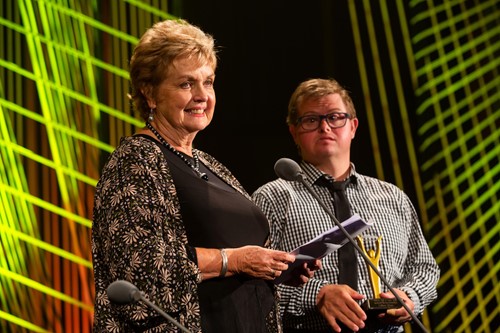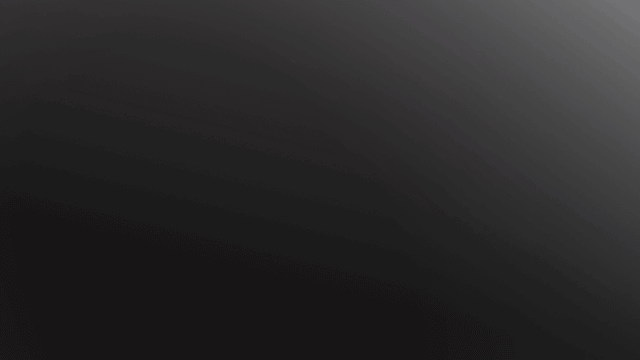Friday 29th October 2021 was a momentous day for the disability community. The significant announcements made by Ministers Sepuloni and Little are long-awaited and very welcome.
In essence there are three announcements:
- The first is the creation of a Ministry for Disabled People hosted by MSD.
- The second is the national roll out of the Enabling Good Lives programme to support disabled people to lead the lives they want.
- Last is the removal of barriers to disabled people through the tabling of the Accessibility for New Zealanders Bill due to be introduced later this year.
Congratulations to all those who have worked so hard to bring these pieces of policy and legislation to fruition. The new policies are bold and have the potential to be transformational. It is a social justice and human rights package. It is about time!
Parent voices are important for many reasons, most critically for those families that represent the needs of their whānau with high and complex needs, for those who don’t have a voice and rely on those who know them best to speak on their behalf.
The cabinet paper outlining the proposals ticks many boxes for me. It exposes the medical model for what it is and does to the disability community. It highlights the risks of other government ministries abrogating their responsibilities to the disability community. It has put MSD as the Ministry in charge of promoting a social model of disability. It has exposed the splintered, confusing, disconnected existing system and intends to deliver a quality service to disabled people and their families. It is calling for true accountability. It is an evolving model that will change as required. It is music to my ears.
As with all policy statements the devil is always in the detail. I instinctively take a cautious approach to any new policy initiatives. I do worry about the new Ministry trying to be all things to everyone. It has a massive line-up of responsibilities. A junior player, possibly a minnow, amongst bigger ministries in government.
For me, there was one glaring omission in the line-up for the Friday 29th announcement. There were no parent organisations represented on the panel hosted by Attitude Live. Window-dressing you might say – but no parent bodies were given a pre-announcement briefing either. The panel's participants were reportedly approved by the Minister’s office. Whichever way you go, being omitted or included sends a signal. This omission has been picked up very quickly by parents on social media and by parent organisations across the country. Disability Connect and other parent organisations advocating for the disability sector have been communicating with government for years now about the ned to formally include them at the table when discussions around the development of policy affecting disabled people occur. We have been rebuffed with comments along the lines of – ‘but we hear from parents all the time’ and ‘we consult widely.’ There is a difference. Formal versus informal – you can’t beat a formal agreement. With one you have to take notice of and engage with the people sitting at the table – with the others going on to the list of people you ‘will get back to’.
Watch a replay of the Disability Systems Transformation and Accessibility Announcement.
The saying, ‘nothing about us, without us’ is a powerful mantra. However, its meaning diminishes if there is no representation on governance group for over half the people receiving government funded disability supports who have an intellectual disability. Supporting a disabled person is not a fleeting obligation. It is a commitment that is lifelong and often shared by the entire whānau.
Parent voices are important for many reasons, most critically for those families that represent the needs of their whānau with high and complex needs, for those who don’t have a voice and rely on those who know them best to speak on their behalf. In the early years especially, it is parents who front up to MSD trying to get support for their children, and who brave less than enthusiastic schools when enrolling their children. You would think that sort of experience would be welcomed around the official table.
I’m the first to admit, I’ve been singed somewhat by the system. I was part of the expert’s group asked to write the New Zealand Disability Strategy in 2016. The only parent. It was at times a lonely and hostile environment. I’m pretty tough but it took gumption to stare down the critics in that experts’ group who wanted the word ‘family’ removed from what I considered to be essential parts of the document.
Regardless – we did the job and I looked forward to the next part – putting it into action. However, I soon learned that whilst it was apparently critical for a parent to be on the construction side of the policy there was no room for one to be on the implementation side of it – the accountability side of it. I still don’t get that.

Colleen accepts her induction into the Attitude Awards 'Hall of Fame' in 2018
Armed with that sobering experience I went looking for where representatives of parents’ organisations were going to be placed within the new structure. Yes, we will be consulted on the new name for the Ministry. On page seven of the cabinet paper there is mention of working in ‘partnership’ with disabled people, but no mention of family and whānau. In the same section it states that ‘the system, ‘gives full effect to the voice of disabled people, families and whānau.’ I might sit outside the tent on this one – but to me – you only give full effect to all of those groups if they are all sitting at the governance table.
These policies are a gigantic leap forward. However, in my experience, in advocacy and in the political sphere – it is astute to have representation inside the tent; all voices together; respectfully debating the key issues and fully representing those who are the most vulnerable in our community.
There is a lot of work to be done. All of us need to be involved constructively to make it work, inclusively and in true partnership.
---
For more analysis on the announcement read:
Big Transformation needed for disabled people - Paula Tesoriero































































